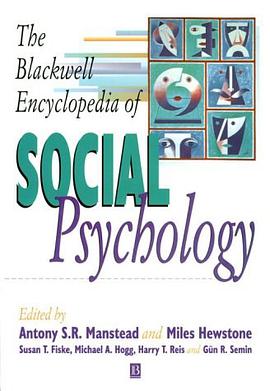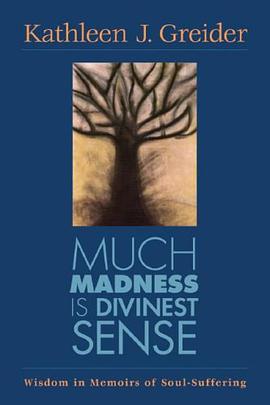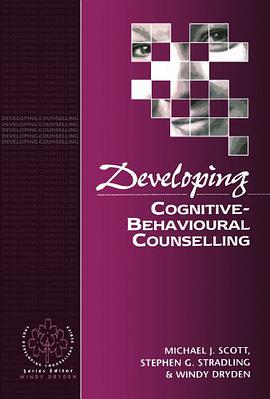

具体描述
Do the first two years of life really determine a child's future development? Are human beings, like other primates, only motivated by pleasure? And do people actually have stable traits, like intelligence, fear, anxiety, and temperament? This text takes on the assumptions behind these questions, in an attempt to prove them mistaken. Scientists, as well as lay people, tend to think of abstract processes - like intelligence or fear - as measurable entities, of which someone might have more or less. This approach, in Kagan's analysis, shows a blindness to the power of context and to the great variability within any individual, subject to different emotions and circumstances. "Infant determinism" is another widespread and dearly held conviction that Kagan contests. This theory - with its claim that early relationships determine lifelong patterns - underestimates human resiliency and adaptiveness, both emotional and cognitive (and fails to account for the happy products of miserable childhoods, and vice versa). The last of Kagan's targets is the pleasure principle, which, he argues, can hardly make sense of unselfish behaviour impelled by the desire for virtue and self-respect - the wish to do the right thing.
作者简介
目录信息
读后感
评分
评分
评分
评分
用户评价
相关图书
本站所有内容均为互联网搜索引擎提供的公开搜索信息,本站不存储任何数据与内容,任何内容与数据均与本站无关,如有需要请联系相关搜索引擎包括但不限于百度,google,bing,sogou 等
© 2026 book.wenda123.org All Rights Reserved. 图书目录大全 版权所有




















